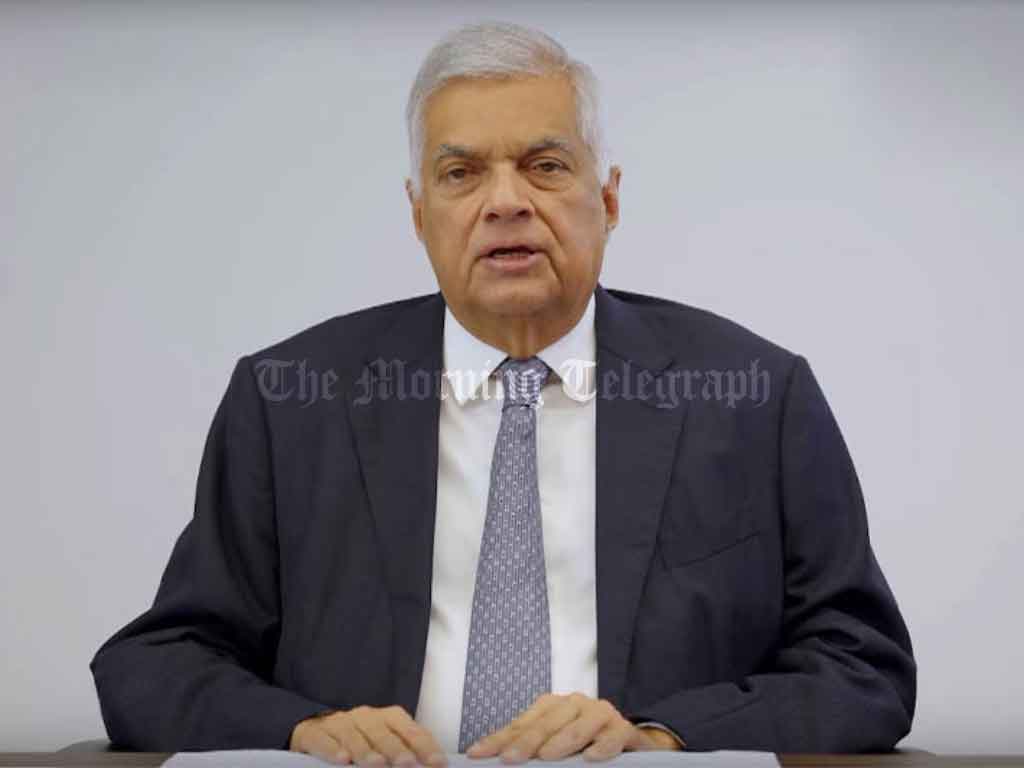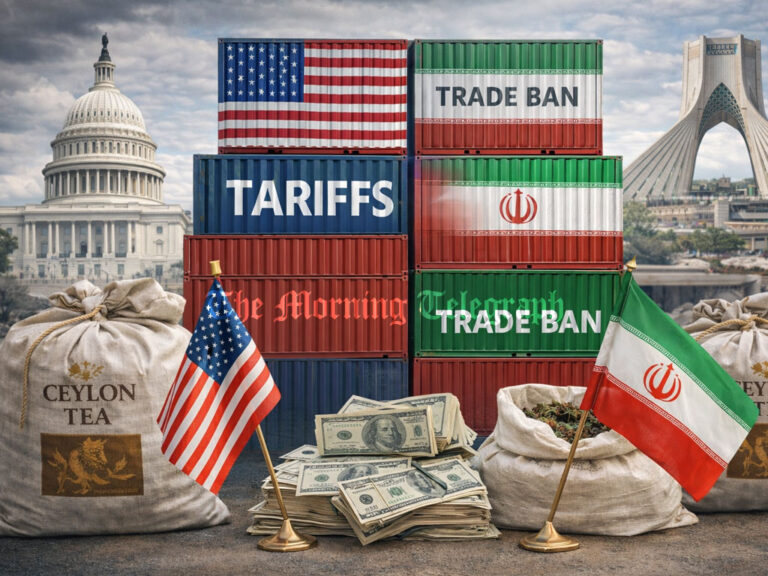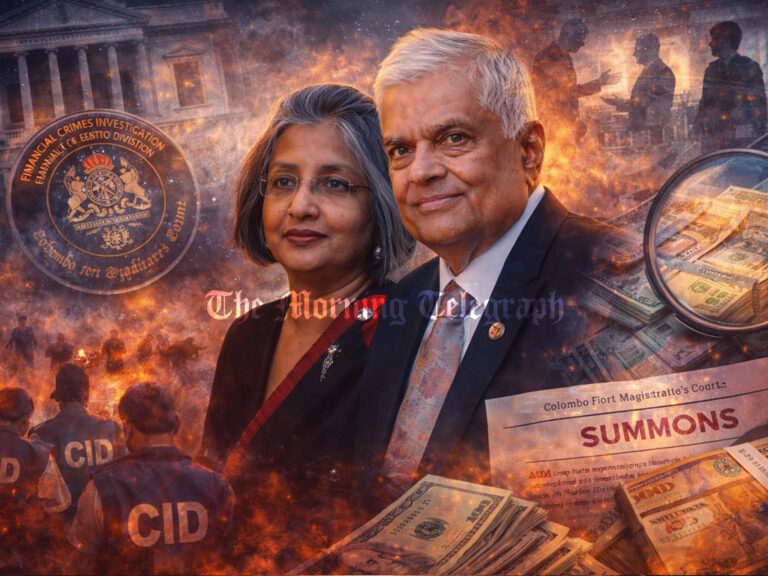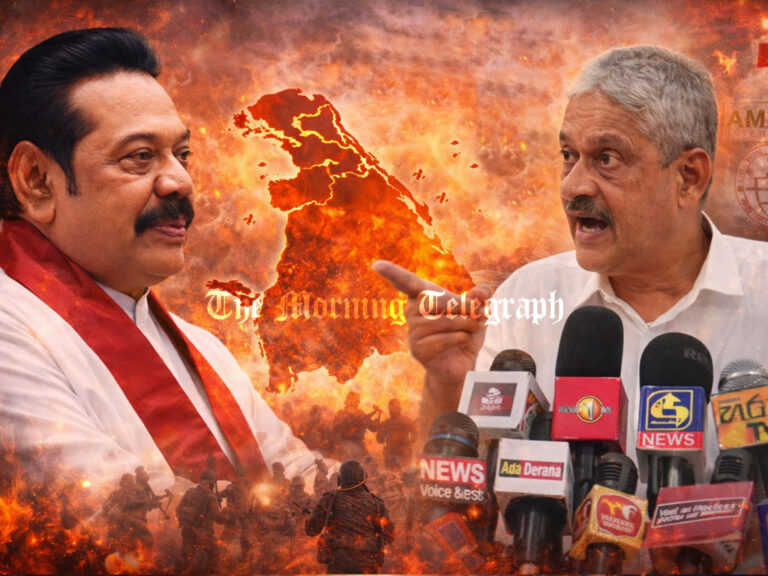
In his address, former President Ranil Wickremesinghe urged the public and government to remain committed to stringent economic policies that would allow Sri Lanka to navigate out of its financial crisis. He emphasized that while Sri Lanka has made initial strides in stabilizing its economy, achieving long-term recovery will depend on meeting the targets outlined in the IMF agreements and by bilateral creditors.
Wickremesinghe laid out the critical timeline for Sri Lanka’s debt repayment, noting that international lenders expect repayments to begin by 2028, with the entire debt expected to be paid off by 2042. He warned that failing to uphold these commitments would prevent Sri Lanka from accessing further assistance from international partners and could lead to a relapse into financial instability.
A significant part of Wickremesinghe’s message was focused on achieving fiscal targets to reassure lenders of Sri Lanka’s financial discipline. He underscored the need to increase government revenue to 15% of GDP, as opposed to imposing higher taxes on an already burdened population. Instead, he advocated for stimulating economic growth through tourism, trade, and improved tax collection processes. Wickremesinghe also suggested limited, controlled vehicle imports to increase customs revenue, which has traditionally been a substantial source of government income.
Beyond international debt, Wickremesinghe spoke about managing Sri Lanka’s significant domestic debt. He shared that a debt management strategy is in place to handle local obligations effectively without overwhelming the domestic economy. In a strategic move, the government is negotiating a possible 20-25% reduction in its international debt, which would alleviate some pressure on the national budget, provided the country meets the set economic benchmarks.
He also addressed challenges within the Sri Lankan revenue system, noting that tax evasion remains a significant issue. Wickremesinghe pointed out the need to enforce stricter compliance, suggesting that greater transparency and modernization of the tax system could help close gaps and increase revenue without overburdening citizens. He also proposed a gradual increase in tax thresholds, which could provide relief to lower and middle-income households, fostering broader economic participation.
A crucial component of the former president’s remarks centered on shifting mindsets across all sectors. Wickremesinghe urged a break from traditional political and business practices, advocating for a forward-looking approach that prioritizes long-term stability over short-term gains. He encouraged policymakers, media, and businesses to align with the national recovery strategy, emphasizing that economic transformation will require cooperation across all levels of society.
Finally, he underscored that meeting these economic targets is not just a financial necessity but a matter of national pride and resilience. Wickremesinghe warned that a failure to meet IMF and creditor requirements would be a significant setback, leading to economic and social consequences that the country cannot afford. He called on every citizen to support this effort, reiterating that a stable and growing economy is the foundation for Sri Lanka’s future.
By drawing attention to both immediate fiscal requirements and long-term sustainability, Wickremesinghe’s address painted a clear picture of the difficult but achievable path to economic recovery.




